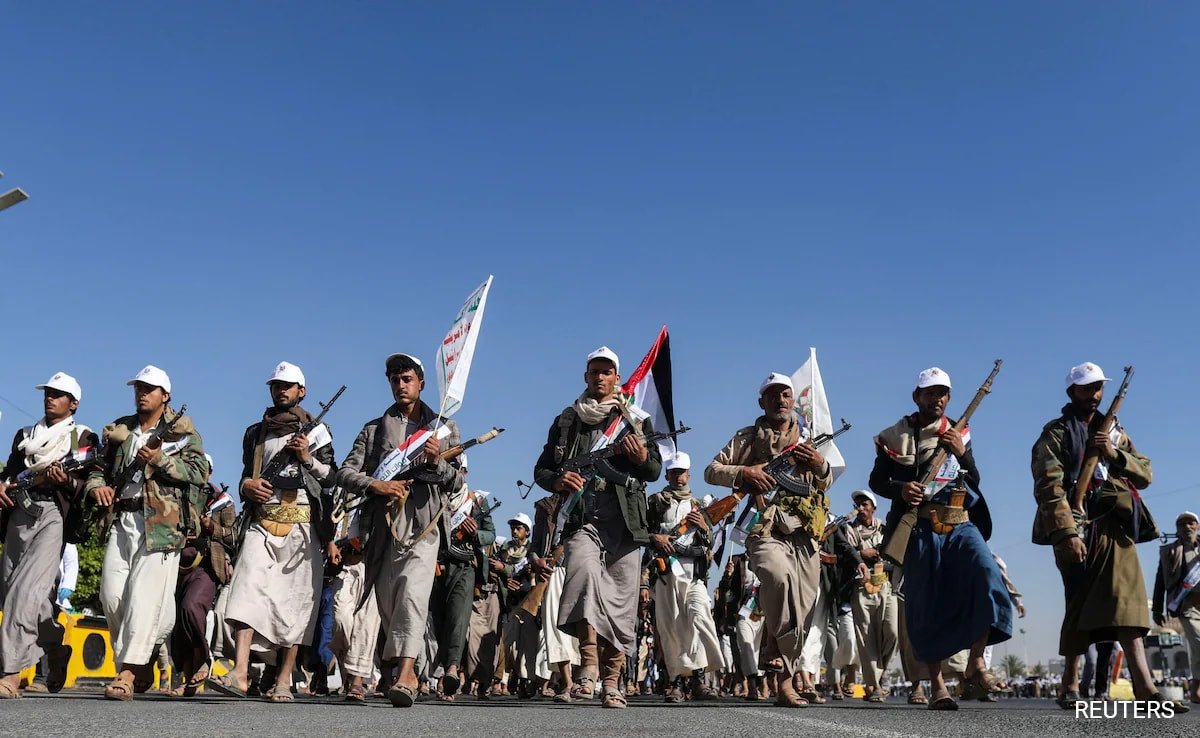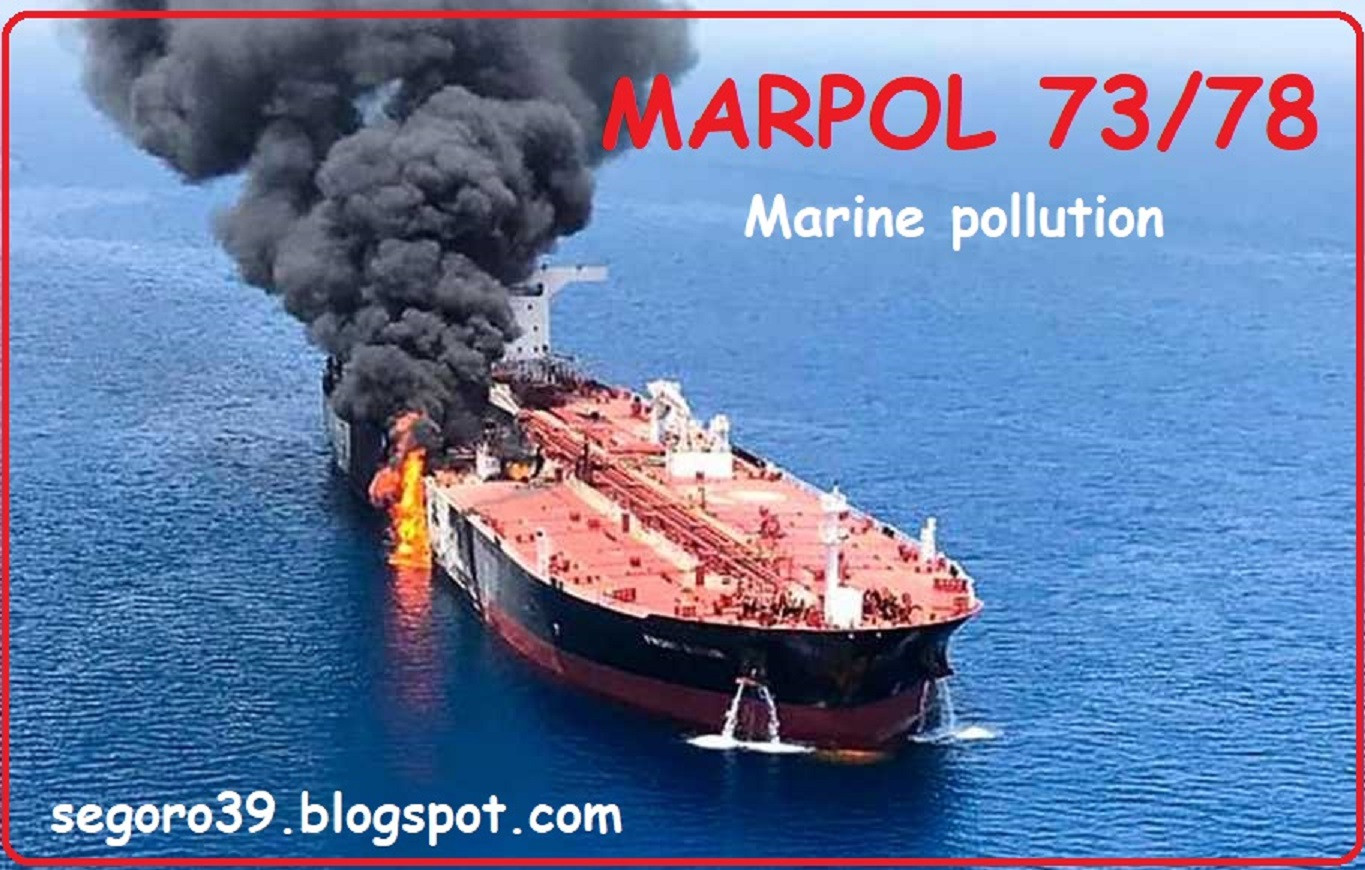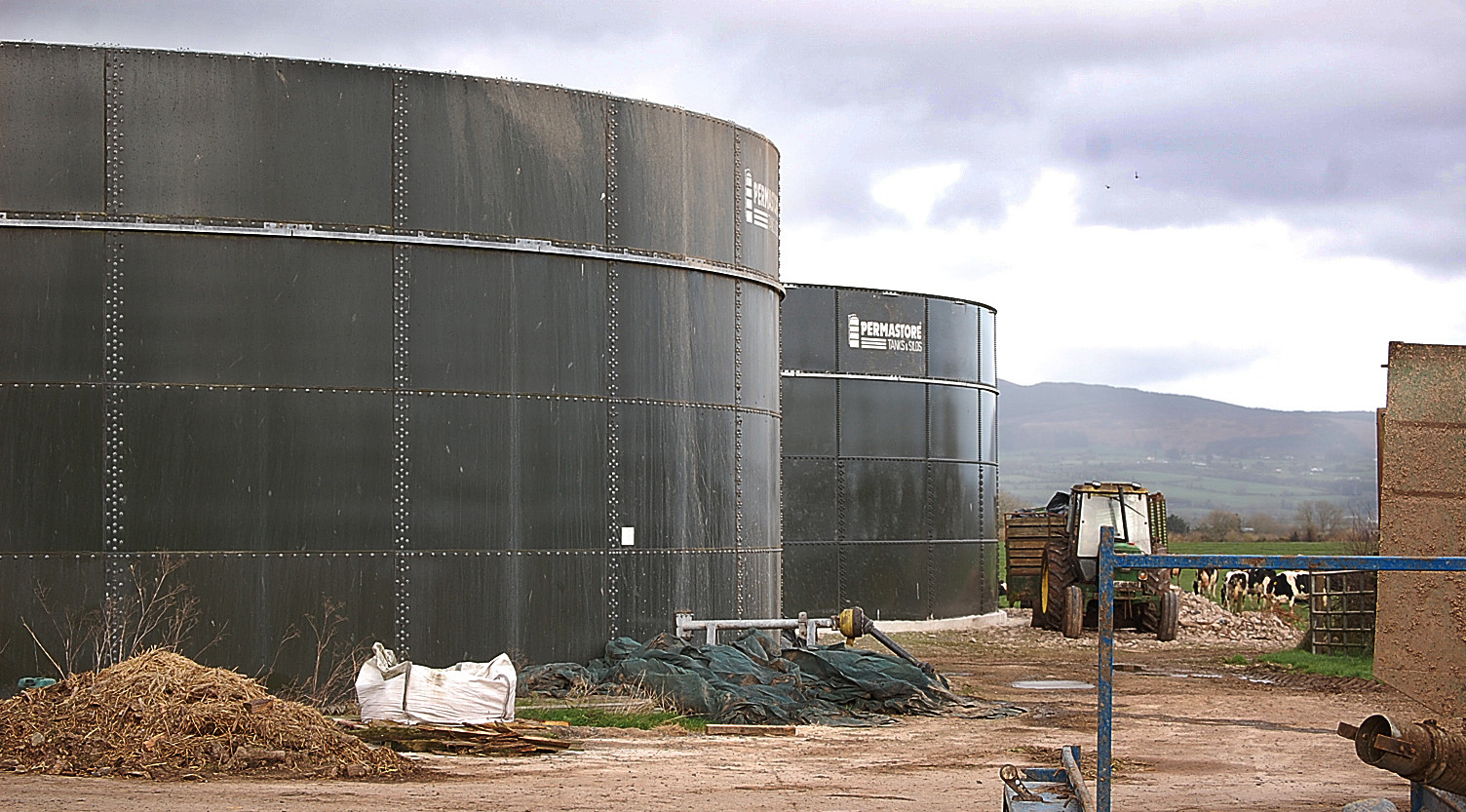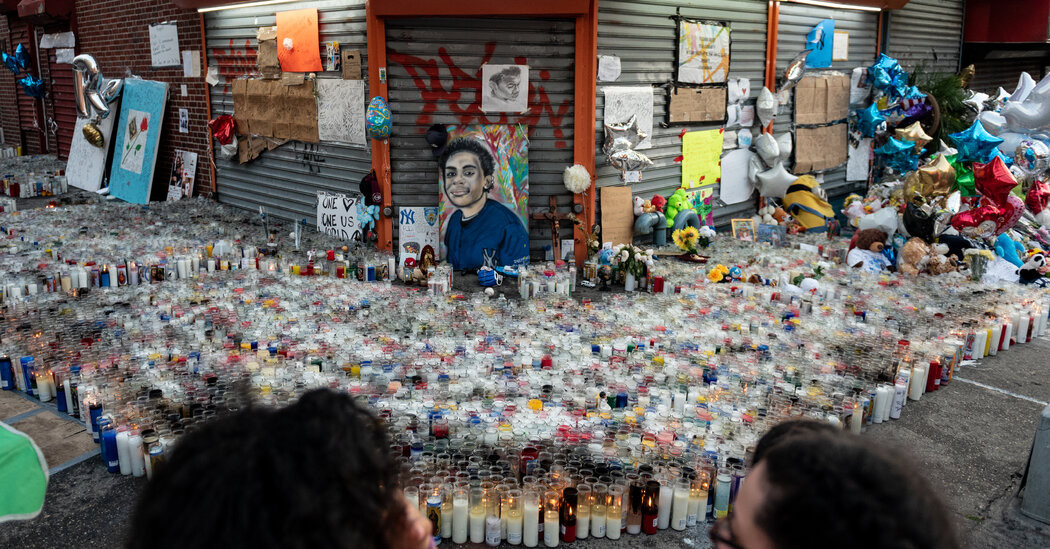Yemen's Ansar Allah, also spelled Ansarullah and widely known as the Houthi movement, announced last week that it had targeted the Greek-owned MV Sounion as part of a nine-month campaign to put pressure on international shipping over the ongoing war between Israel and the Palestinian Hamas movement in the Gaza Strip.
U.S. officials later warned that the vessel may be leaking oil, warning of the potential for up to a million barrels of oil to be spilled into the Red Sea as a result of Ansar Allah's maritime offensive. On Wednesday, Pentagon Press Secretary Air Force Major General Pat Ryder said that an unspecified third-party nation had attempted to send two tugboats to bring the damaged ship to port only to face threats of attacks from Ansar Allah.
In response, the Iranian Mission to the United Nations said later that same day that, while "Yemen's Ansarullah Movement has already announced that it will—as long as the war on Gaza persists—continue to target oil tankers bound for the Israeli regime in the Red Sea," the group would pause operations to allow for the MV Sounion to be rescued.
"Following the outbreak of a fire on the targeted oil tanker, which was carrying oil for the regime, and the subsequent environmental hazards, several countries have reached out to ask Ansarullah, requesting a temporary truce for the entry of tugboats and rescue ships into the incident area," the Iranian Mission to the United Nations said in a statement shared with Newsweek.
"In consideration of humanitarian and environmental concerns, Ansarullah has consented to this request," the statement added. "The failure to provide aid and prevent an oil spill in the Red Sea stems from the negligence of certain countries, rather than concerns over the possibility of being targeted."
The group's decision was later confirmed by Ansar Allah spokesperson Mohammed Abdul Salam.
"After several international parties contacted us, especially the European ones, they were allowed to tow the burning oil tanker, Sounion," Abdul Salam said in a statement published to X, formerly Twitter.
Abdul Salam also reiterated Ansar Allah's commitment to continue mounting attacks at sea in a bid to bring an end to the war in Gaza that began last October.
"We confirm that the burning of the aforementioned oil tanker is an example of Yemen's seriousness in targeting any ship that violates the Yemeni decision to prevent any ship from crossing to the ports of occupied Palestine with the aim of exerting pressure on the Zionist enemy entity to stop its aggression on Gaza," Abdul Salam said.
"All shipping companies linked to the Zionist enemy entity must realize that their ships will remain vulnerable to Yemeni strikes wherever the Yemeni armed forces can reach them until the aggression stops and the siege on Gaza is lifted," he added.
Newsweek has reached out to Ansar Allah and U.S. Central Command for comment.
Houthi Attacks on Shipping
Ansar Allah, a member of the Iran-aligned Axis of Resistance, launched its first strike at sea just over a month after Hamas conducted the unprecedented surprise attack against Israel on October 7, 2023, that sparked the longest and deadliest war in Gaza to date. Since then, dozens of ships have come under attack in the Red Sea and neighboring waters, with at least two vessels being sunk and another two seized by the group, one of which was later released.
Ansar Allah has launched dozens of direct attacks on Israel as well, including a deadly drone strike that shook the heart of Tel Aviv last month. The Israel Defense Forces (IDF) responded with a series of airstrikes against Yemen's critical Ansar Allah-held port of Hodeidah.
The United States has also conducted a number of strikes against Ansar Allah equipment at sea and positions in Yemeni territory. However, the group has repeatedly vowed to continue missile and drone attacks against Israel and commercial vessels accused of violating the unilateral blockade until Israel ceased operations in Gaza.
U.S. officials have long argued such operations pose more of a threat to international shipping and local industries than to Israel.
Diplomatic Efforts to Halt Attacks and Environmental Crisis
U.S. Secretary of State Antony Blinken discussed "the grave situation in the Red Sea following Houthi attacks on the DELTA SOUNION oil tanker and the urgent need to prevent an environmental disaster" with Italian Foreign Minister Antonio Tajani during a call on Wednesday, according to a U.S. readout. The two also were said to have "discussed ongoing efforts to achieve a ceasefire in Gaza and urged maximum restraint among all relevant parties."
Earlier, on Saturday, State Department spokesperson Matthew Miller warned that, "through these attacks, the Houthis have made clear they are willing to destroy the fishing industry and regional ecosystems that Yemenis and other communities in the region rely on for their livelihoods, just as they have undermined the delivery of vital humanitarian aid to the region through their reckless attacks."
"We call on the Houthis to cease these actions immediately and urge other nations to step forward to help avert this environmental disaster," he added.
Miller warned that the alleged potential for up to a million barrels of oil to leak into the Red Sea would amount to a spill "four times the size of the Exxon Valdez disaster," which occurred when the eponymous U.S. supertanker hit a reef off of Alaska in March 1989, resulting in the second largest oil spill in U.S. waters.
A Growing Crisis
Shortly after the attack on the MV Sounion, Ansar Allah announced that the ship's owner had "violated the decision to ban entry to the ports of occupied Palestine" and later shared images purporting to show the burning vessel via official media channels.
The U.S., Israel and a number of regional countries have long accused Iran of directly supplying Ansar Allah with an advanced arsenal of missile and drones, something Tehran has repeatedly denied. The group continues to maintain control over large parts of Yemen, including the capital Sanaa, since the outbreak of civil war in late 2014.
The fight between Ansar Allah and the Saudi-backed internationally recognized government of Yemen has largely been on hold since an April 2022 truce negotiated by the United Nations. But the country remains in the throes of a severe humanitarian crisis that has been exacerbated by soaring regional tensions over the war in Gaza, now also beset by a deepening humanitarian disaster, and its spillover across the Middle East.
As Iran continues to vow revenge against Israel over the killing of late Hamas Political Bureau chief Ismail Haniyeh in Tehran last month, other Axis of Resistance members such as Ansar Allah, the Lebanese Hezbollah movement and factions of the Islamic Resistance in Iraq have also warned of upcoming escalations in their ongoing campaigns against Israel.
Earlier this month, a senior Ansar Allah official hinted to Newsweek that the group had plans to take part in significant future action against Israel.
Environmental Disaster Looms
Last week the group targeted the Greek-flagged crude oil tanker Sounion with three projectiles, sparking a fire and disabling the engine.
On Friday the group, which controls most of Yemen and says its attacks are in solidarity with Palestinians in Gaza, posted a video purporting to show them setting the ship alight.
The EU's Aspides task force, an international naval force, said in a statement on X that there was no sign of fire on board the ship when the crew were rescued.
The tanker is carrying more than 150,000 tonnes of crude oil. Should a spill occur, it could be among the largest from a ship in recorded history.
According to Aspides, the EU military taskforce against the Houthis, the wreckage risks a “severe ecological disaster”.
Pentagon spokesperson Air Force Maj Gen Patrick Ryder said on Tuesday that a third party had sent two tugboats to salvage the wreck but had been deterred by Houthi threats to attack them.
Ryder condemned the attacks as “reckless acts of terrorism” which “imperil the vibrant maritime ecosystem in the Red Sea and Gulf of Aden, the Houthis’ own back yard,” adding that the US military was working with partners in the region to mitigate any environmental impact.
Yemen's Ansar Allah group, known as the Houthis, started targeting any ship they deemed Israel-linked traversing the Red Sea in October 2023, vowing not to stop until Israel ends its war on Gaza.
Some ships with no relation to Israel have also been targeted over recent months.
While the group has so far sunk two ships - the Rubymar attacked in February and the Greek-flagged Tutor which was targeted in June - the Sounion attack marks the first time the fighters have intentionally blown up an abandoned ship.



















